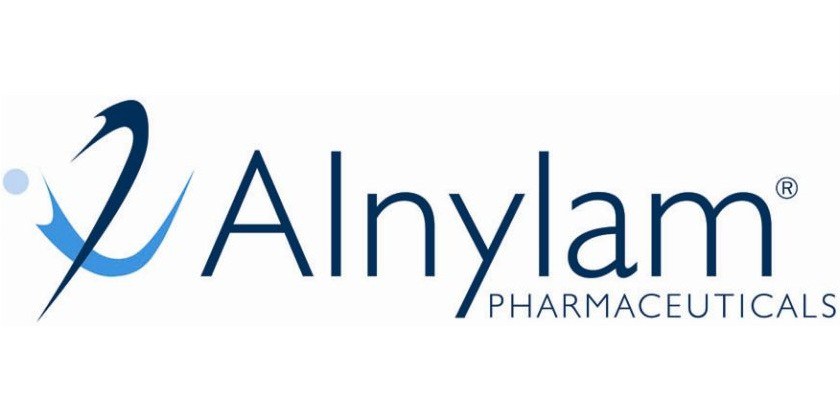Alnylam gears up for first RNAi therapeutic filing in 2017

US biotech Alnylam says it could file its first product in 2017, a rare disease drug using what has long promised to be a revolutionary approach, RNA interference.
The company is one of a handful of pioneers in the field of RNA interference (RNAi), a process which aims to block disease-bearing genes passing on their faulty message to the body – hence why it is also known as 'gene silencing'.
The Cambridge, Massachusetts-based firm and its chief executive John Maraganore believe it can successfully bring RNAi drugs into the mainstream, and have just given analysts a confident Q1 update.
Meanwhile, one of the company's closest rivals in the field, Ionis and partners GlaxoSmithKline (GSK), saw their lead candidate suffer a setback when the FDA put a study of its IONIS-TTR on clinical hold last month.
First set up in 2002, Alnylam has suffered many barriers to its efforts to advance RNAi therapeutics, mainly as a result of waning big pharma interest after initial excitement about the technology.
But Alnylam has now overcome some crucial technical obstacles in drug delivery of RNAi molecules, and analysts predict it could be just a few years away from producing a blockbuster.
The most advanced of Alnylam's compounds is patisiran, which has recently shown a good safety profile and promising signs of efficacy in phase 2 trials against hereditary ATTR amyloidosis.
This inherited, progressive disease, which damages peripheral nerves and other organs, leads to death within 5 to 15 years. It is caused by a mutant transthyretin (TTR) gene, and affects approximately 10,000 people worldwide.
But the phase 3 APOLLO trial will need to provide proof that patisiran can halt or slow the disease.
Results of the trial are expected in mid-2017 and, assuming positive results, the company expects to submit to file patisiran by the end of 2017 and launch in 2018.
Alnylam has already licensed patisiran to Sanofi outside the US and Western Europe, but has yet to do a deal for these most important markets. Positive phase 3 results in early 2017 would certainly
Analysts now think the patisiran has a high chance of reaching the market, with some estimating eventual peak sales in excess of $2 billion.
If successful, it could also help validate Alnylam's entire RNAi therapeutics platform.
By the end of the year, the company expects to have 11 clinical-stage programmes and three in phase 3. Its second-most-advanced molecule is revusiran, which is being studied for the treatment of hereditary ATTR amyloidosis with cardiomyopathy, or hATTR-CM. The company expects to complete enrolment of phase 3 trials in late 2016, with a data readout expected in mid-2018.
The news of the clinical hold on Ionis/GSK's rival IONIS-TTR was treated as good news by the company.
Speaking on the Q1 analysts' call, John Maraganore said: "We now believe we have a substantial lead over the Ionis/GSK programme in terms of the cardiomyopathy studies. And this is particularly the case given the clinical hold that remains on the Ionis programme."
Alongside its rare diseases research, the company is also targeting cardio-metabolic conditions (mainly focused on liver-expressed diseases) and hepatic infectious disease, including hepatitis B.
One potentially lucrative project in the pipeline is a rival to one of the biggest rare disease blockbusters on the market – Alexion's Soliris.
Alnylam says it expects to develop fALN-CC5 in Paroxysmal nocturnal haemoglobinuria (PNH), one of the indications which helped Soliris earn $2.59 billion last year.
Alnylam says its drug candidate is for poor responders to Soliris, estimating that around 20% to 30% may not have adequate control of their condition with Alexion's drug alone.
It will be presenting initial PNH data from the first few patients in its phase 2/3 trial at the European Haematology Association congress on 11 June.
Related stories:










